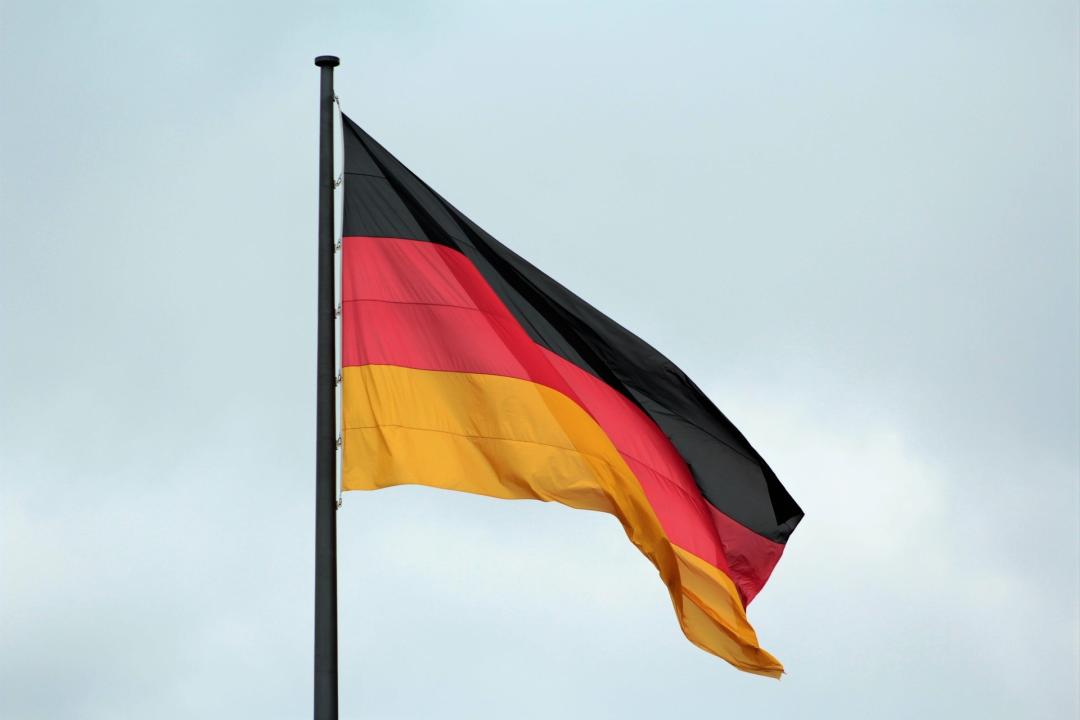
German ambassador to Georgia: Rurua’s release was never part of the 8 March agreement

On 26 June, German Ambassador to Georgia Hubert Knirsch, one of the facilitators of the political dialogue between the Georgian government and the opposition, stated that the release of the founder and shareholder of the opposition minded Mtavari Arkhi TV Giorgi Rurua was never mentioned in the 8 March Agreement.
“Mr. Rurua is not mentioned in the March 8 Agreement, it is clear and everybody can read it. I am surprised that he became an issue of discussion among the parties,” he told journalists. He also noted that the polarization was not as strong as it seemed during the electoral system negotiations in Georgia.
Some opposition politicians, including Labour Party leader Shalva Natelashvili and European Georgia leader Giga Bokeria, responded harshly to Knirsch’s statements. “Hubert Knirsch should leave Georgia as he is not the German ambassador, but Berlin representative at the royal court of (Georgian Dream leader) Bidzina Ivanishvili,” said Natelashvili. “He should apologize for justifying Russian aggression in his statements, it turns out that it was Georgia’s fault,” he added, saying that Knirsch frigidly watched the developments from 20 June 2019 “and then justif[ed] the government[‘s]” position.
The ruling Georgian Dream party released a statement in retort to the opposition’s response, saying that Georgia’s ‘radical opposition’ chooses ‘anti-western’ statements and campaigns. Georgia’s Foreign Minister David Zalkaliani apologized publicly for the statements made by the Georgian opposition, saying that Germany is a friend and a strong supporter of Georgia, whose role in Georgia’s European and Euro-Atlantic integration is of the “utmost importance”. “Everyone should understand that in Georgia [foreign] ambassadors represent their governments and any attack against them insults their respective countries,” he said. He also expressed his hopes that the recent ‘irresponsible statements’ from the opposition will not damage ‘friendly, dynamic and solid cooperation’ between Georgia and the west.
Three days later, the Parliament of Georgia finally approved the Draft Constitutional Changes for the upcoming elections during its 3rd reading with 117 votes for and 3 voted against. The opposition parties European Georgia and the United National Movement refused to vote for the bill.
See Also


Armenia Records 5.9% GDP Growth in 2024, Missing 7% Goal

Yerevan Balances Strategic Ties with Both US and Russia, Says Foreign Minister

FM Mirzoyan: Peace Deal with Azerbaijan Is Within Reach

Pashinyan and Erdogan Hold Call, Reaffirm Commitment to Ongoing Dialogue

